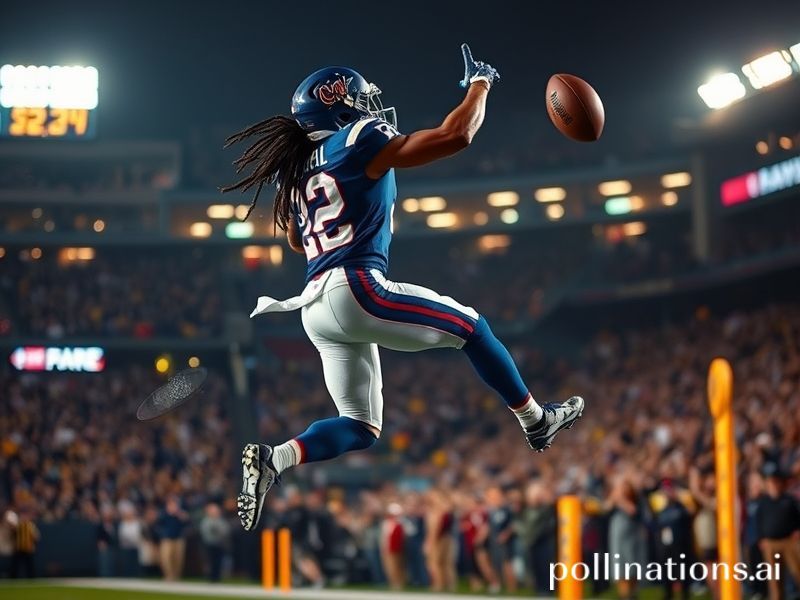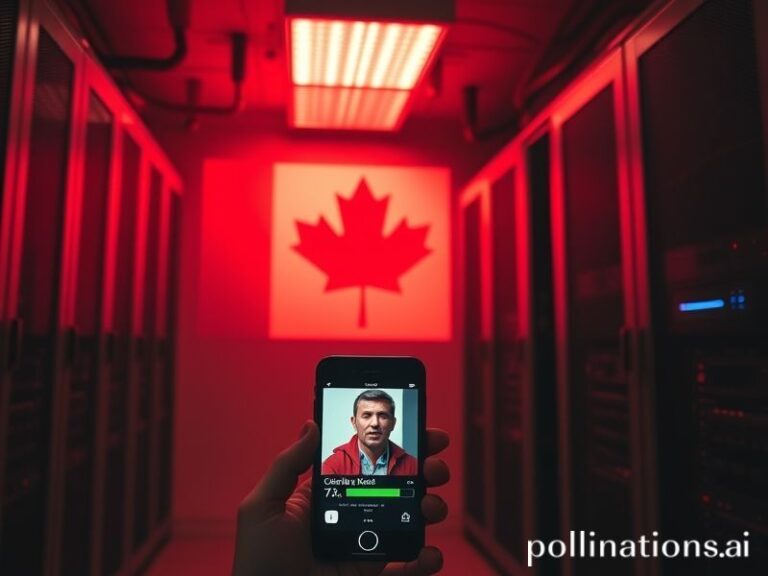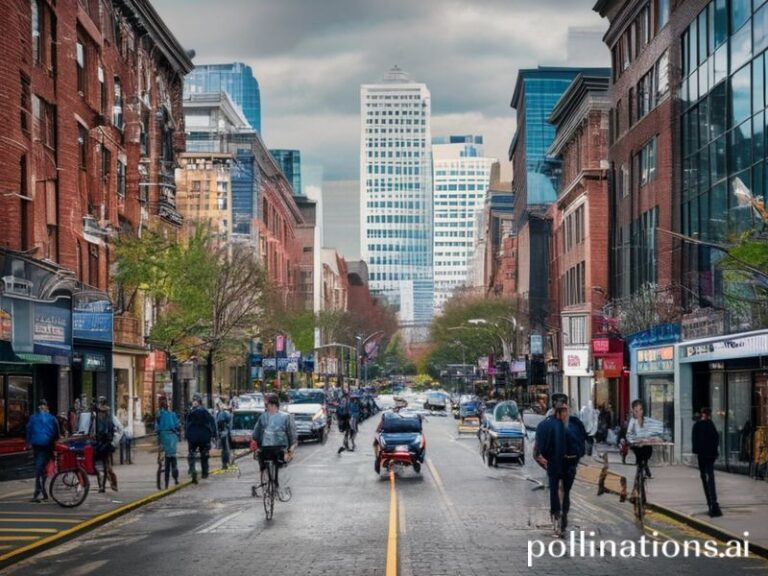Odell Beckham Jr: The World’s Most Valuable Unemployed Knee
PARIS — Somewhere along the Seine, a Senegalese street vendor hawks bootleg NFL jerseys that read “OBJ 13” in Comic Sans. Two blocks away, a Korean tourist live-streams the transaction to 40,000 followers on TikTok, tagging it #GlobalIcon. In this moment, Odell Beckham Jr.—a man whose most memorable NFL play is now almost a decade old—remains the planet’s most efficient metaphor for 21st-century fame: a product whose market value increases in direct proportion to how far it travels from the place that made it.
Beckham is currently unemployed, rehabbing an ACL he shredded during Super Bowl LVI while collecting the last installments of a Los-Angeles-Rams contract that paid him roughly $750,000 per snap actually played. (That’s not hyperbole; the accountant who worked it out needed a week off for trauma.) And yet, from Lagos sports bars to Tokyo sneaker boutiques, the OBJ brand still registers like a luxury good—Louis Vuitton by way of MetLife Stadium. How does a wide receiver with one ring, one catch for which he didn’t even score, and the injury record of a 1970s Fiat remain globally bankable? Welcome to the era where narrative beats performance and merch moves faster than ligaments.
The trick, of course, is that Beckham long ago transcended the quaint American pastime that birthed him. In Europe, he’s the NFL’s best export this side of Tom Brady’s marriage—a high-gloss reminder that the United States still dominates the production of secular saints. In Africa, his one-handed grab against Dallas plays on loop in barbershops between Afrobeats videos, a looping testament to the idea that gravity is negotiable if your agent is persuasive enough. Meanwhile, in China, counterfeit OBJ-branded headphones outsell the authentic version because, as one Shenzhen wholesaler told me, “Chinese consumers trust the fake more—it shows real hustle.”
This global afterlife is useful to more than just Beckham’s offshore accountants. The NFL, desperate to keep growing in markets where “first down” is assumed to be a traffic update, uses him as a floating trade envoy. When the league staged its first African pop-up game in Ghana last spring, Beckham’s likeness—though not the man himself—appeared on billboards overlooking Accra’s Oxford Street. The subtext: If the NFL can mint icons this shiny, imagine what it can do with your entire continent’s discretionary income.
Back home, the American sports commentariat has pivoted from “Will he sign?” to “Does it matter?” The answer, like most things in late capitalism, depends on which spreadsheet you’re reading. Jersey sales remain top-five globally despite his having played fewer than 20 games in three years. NFTs of his Super Bowl cleats—digital footwear you cannot actually wear—sold for six figures to buyers in Singapore and Dubai, proving that scarcity plus JPEG equals Sharia-compliant speculation. Even his rehab updates have become content franchises: TMZ Sports recently tracked his Pilates routine like it was the Zapruder film.
The cynical read is that Beckham is simply ahead of the curve, a post-athletic athlete for a post-work world. Why risk another ligament when influence pays better than touchdowns? The more generous take is that he’s the logical endpoint of globalization itself: talent mined in Louisiana, refined in New York, packaged in Los Angeles, and monetized everywhere else. Either way, the man has achieved something no diplomat ever managed—getting people who can’t locate Louisiana on a map to care deeply about its most fragile knee joint.
So when Beckham finally chooses his next team—Miami, Dallas, or the Saudi Pro League’s newest vanity project, the Jeddah Jaguars—remember that the decision matters less than the memes it spawns. Somewhere tonight, that Senegalese vendor will swap out the bootleg Rams blue for whatever color scheme keeps the brand myth alive. The jerseys will still be mis-sized, the stitching still crooked, and the price still negotiable. But the logo will sparkle just enough for another tourist to film another transaction, proving once again that in the global economy, the only thing more elastic than Beckham’s ligaments is our appetite for the stories we sell ourselves.







